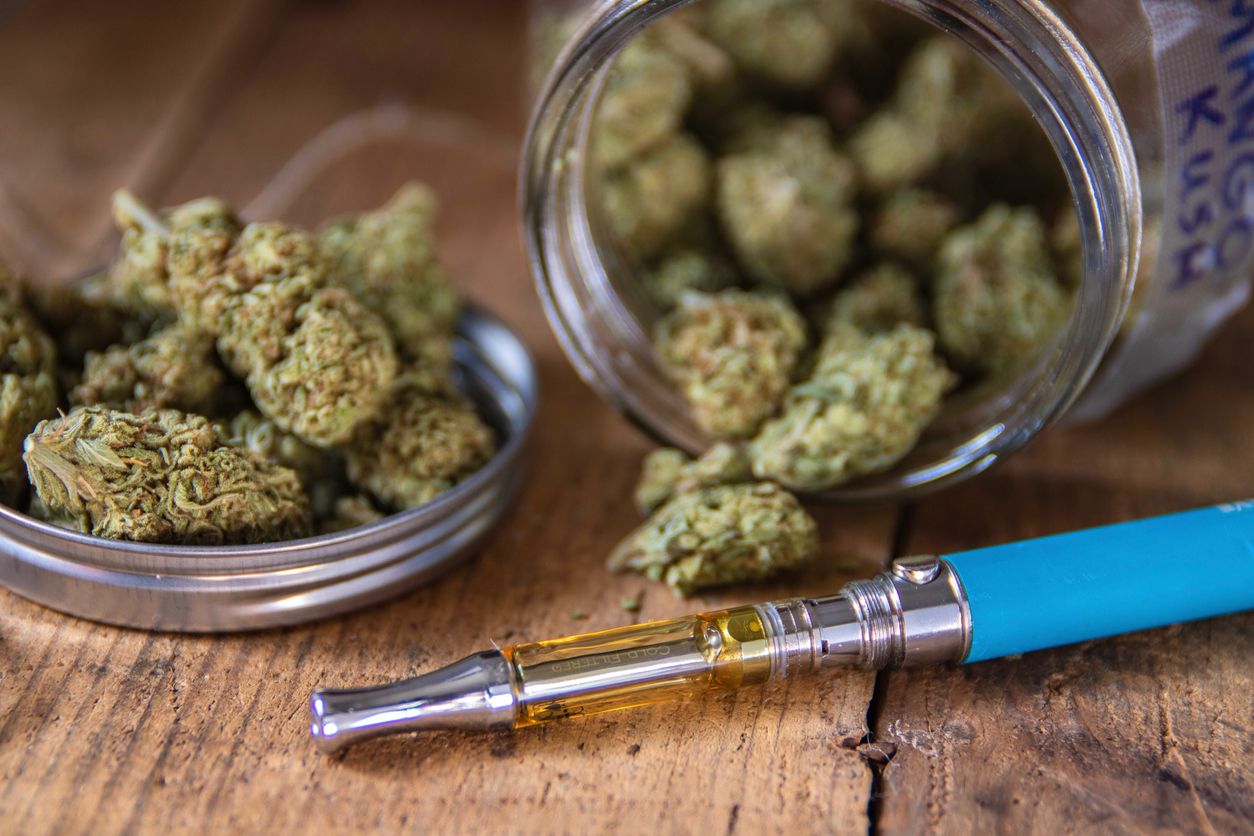Millions of Canadians still don't have access to legal weed

While the rest of the world sits back in awe at the supposed success of the cannabis industry in Canada, those who live there know that it hasn’t been an easy or convenient system to navigate. When federal marijuana legalization first came to fruition, it made sense that it would be a slightly bumpy untraveled road to traverse, but now that the market has had time to get situated, it’s quickly becoming clear that there are barriers in place that keep some Canadians from accessing a licensed cannabis store.
Federal laws
The federal law provides a clear set of guidelines surrounding how much cannabis any one person can have, and what they can do with it, but most of the decisions when it comes to sales have been passed on to the provinces to regulate, and as a result, there is currently no one way to do things right if you want to open a dispensary in the country.
Weed stores in Canada can’t open until they have gained permission and licensing from the provincial government in their region, which led to very few locations being prepared in time for the big day, and it doesn’t seem like too much has changed since then. Though there has certainly been an increase in cannabis store license approval, it simply isn’t translating to fair and equal access for all Canadians.
Most provinces are offering special exemptions to municipalities that allow them to opt-out, intended to quell the fears of small-town folks who do not see a need for a cannabis store in their local area, and this small problem is causing waves for millions of cannabis consumers right across Canada, by creating what is called cannabis deserts.
What is a cannabis desert?
A cannabis desert is a term that is used by experts to describe a vast area that is not currently serviced either at all, or appropriately by a cannabis store. These huge spaces are pretty much everywhere in Canada, but some places are getting hit harder than the rest, with one of the biggest instances happening right now in British Columbia.
How bad is it?
In British Columbia, the problem is further complicated because unlike Ontario, who gave each municipality the option to opt-out or opt-in, this region allows for more specific preferences to be followed. For example, the Burnaby council chose to host only four government-run weed stores with no chance for privately owned facilities to get in on the action.
Richmond and Surrey have remained against the possibility of any kind of cannabis store, and Delta took things a step further by altering their zoning by-laws to prohibit any pot shop from opening completely. Aside from the incredibly restricted available locations for hopefuls who want to run weed stores, a lack of financial backing makes the process of paying for licensing another barrier because, in this region, they are expensive and lengthy.
Right now, in British Columbia alone, there are over 1.5 million people who live so far away from the closest cannabis store that it’s nearly impossible for them to shop legally in person. The majority do have the option of online buying through BC Cannabis Stores, but without photos or helpful information available to decide, few consumers are comfortable with the experience.
That’s a massive portion of the population and it’s showing in the numbers. In the first 12 months preceding marijuana legalization, the province of British Columbia rakes in a meager $49 million. Compare that to neighboring areas like Alberta, who brought in $196 million over the same period of time, and then against the entire country which grossed $908 million, it’s pretty easy to see that this is something that is having a significant impact on the cannabis industry.
In conclusion
In Canada, legal weed should be accessible for anyone who wants or needs it, be it for recreational or medicinal purposes, and it is clear that government laws and regulations are creating impossible to scale barriers for new businesses who wish to enter the market in BC and other areas. Unfortunately, it also doesn’t appear as though much is being done to fix it, as there are currently just under 100 applications still pending for cannabis store licensing in the province.
This is unheard of news to many people, but it’s a struggle that needs a voice and a solution. At first glance just under 200 weed stores sounds like quite a few for one province, but the problem with those numbers is that they don’t tell you where they are located. Right now, Canada is seeing a flood of cannabis store locations appearing in small concentrated areas, rather than spread out across the map to serve everyone equally, leaving a huge gap of consumers with no choice but to stick with black market products.

